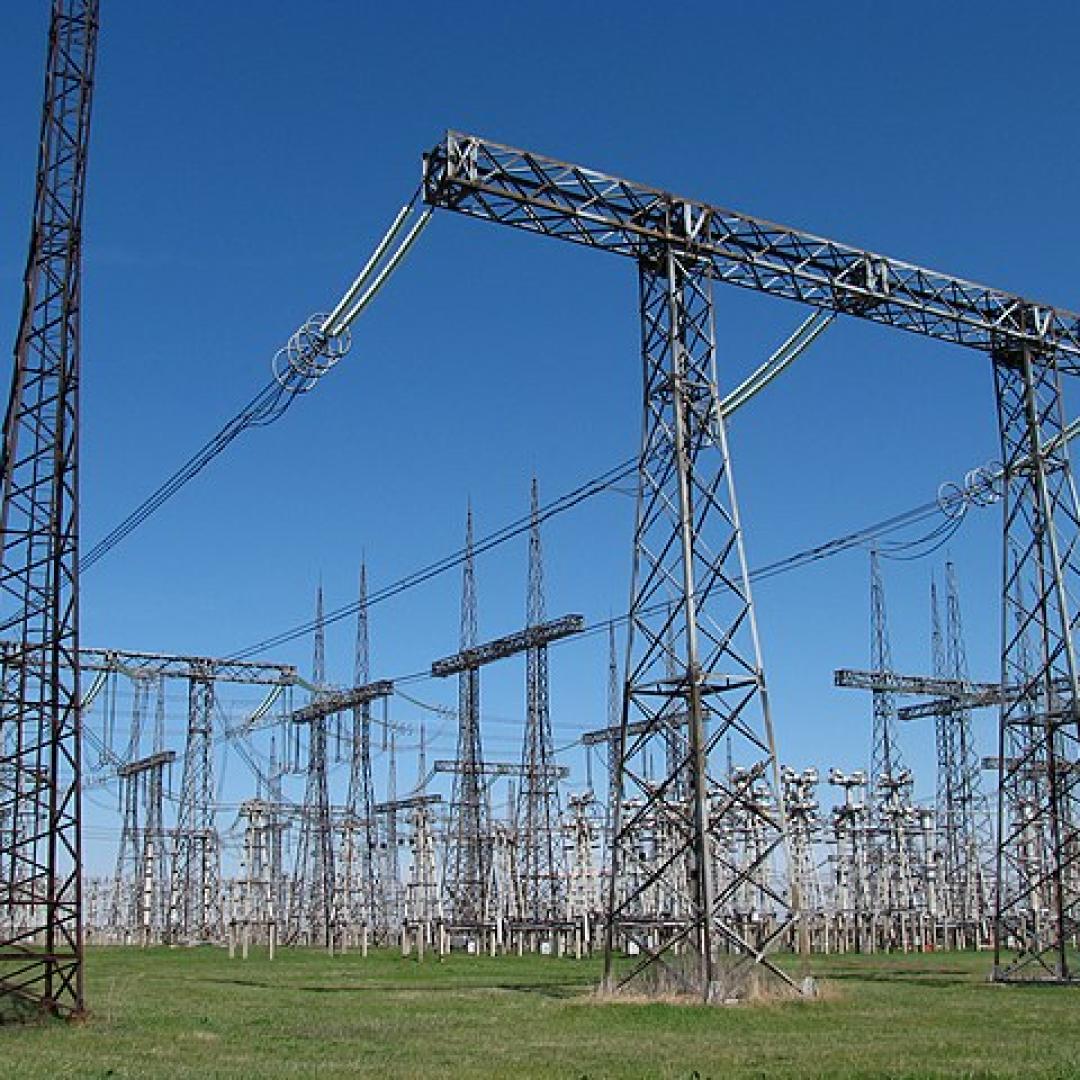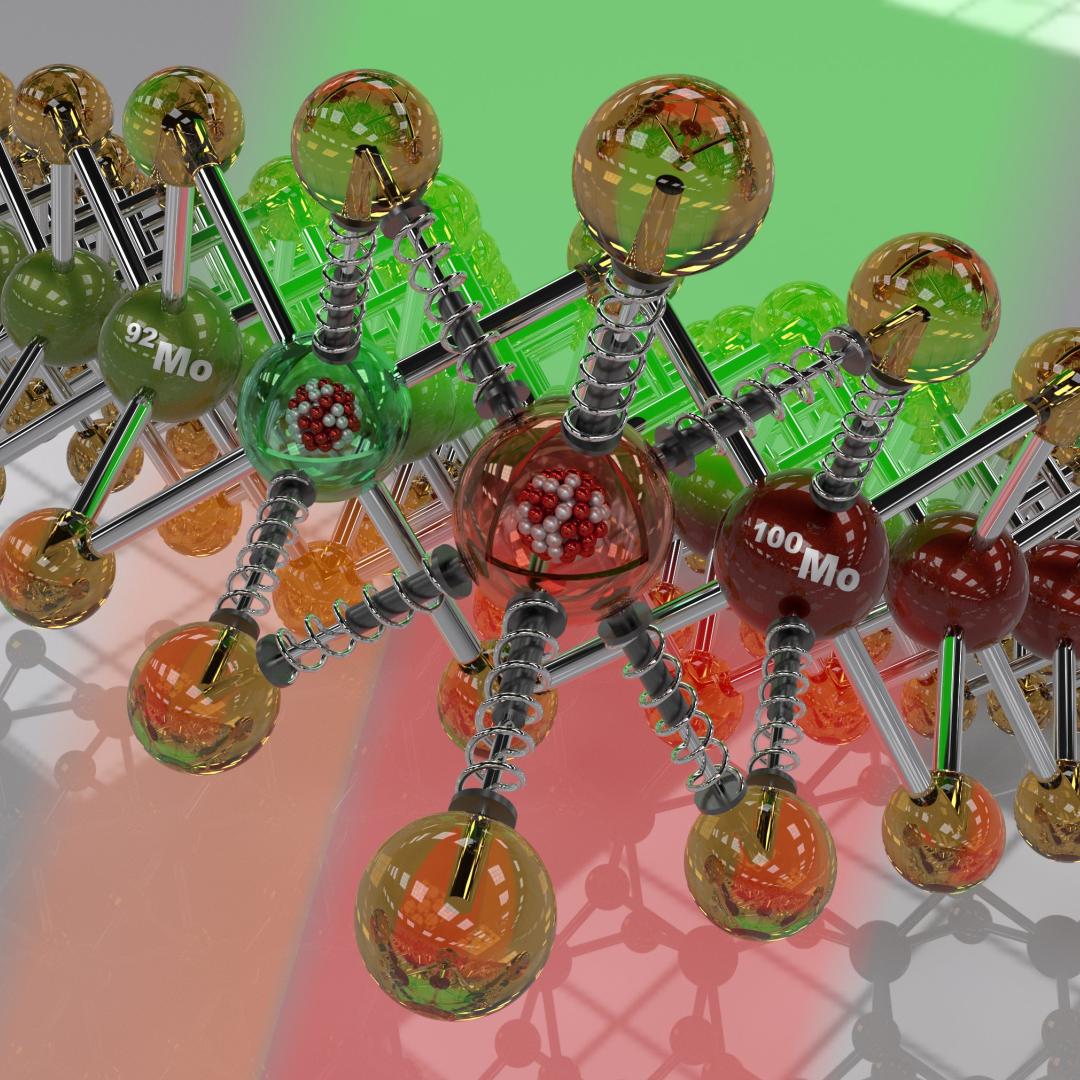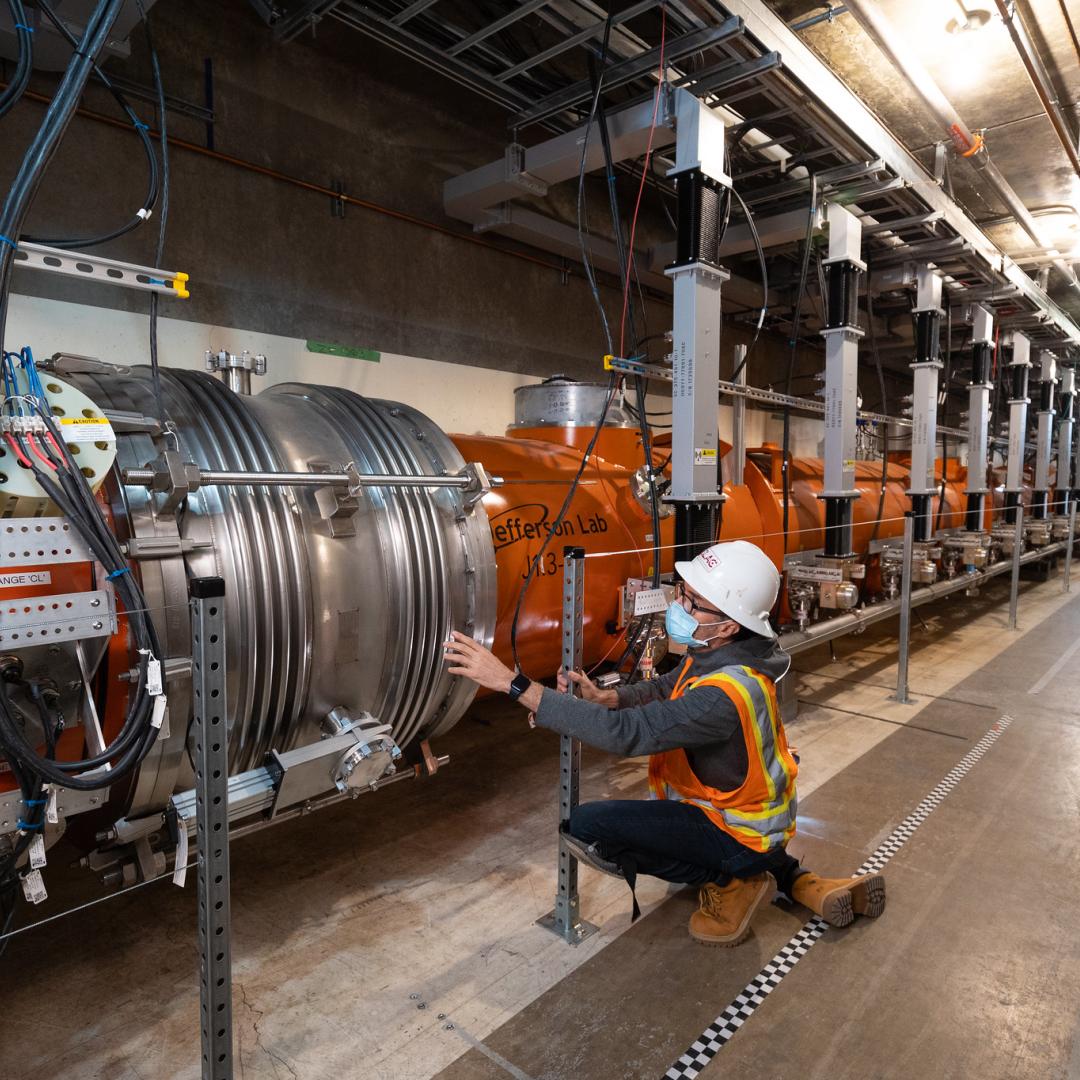Filter News
Area of Research
News Topics
- (-) Biotechnology (21)
- (-) Isotopes (46)
- (-) Simulation (43)
- 3-D Printing/Advanced Manufacturing (116)
- Advanced Reactors (33)
- Artificial Intelligence (84)
- Big Data (50)
- Bioenergy (88)
- Biology (96)
- Biomedical (58)
- Buildings (54)
- Chemical Sciences (59)
- Clean Water (29)
- Climate Change (94)
- Composites (25)
- Computer Science (182)
- Coronavirus (46)
- Critical Materials (24)
- Cybersecurity (35)
- Decarbonization (73)
- Education (3)
- Element Discovery (1)
- Emergency (2)
- Energy Storage (106)
- Environment (192)
- Exascale Computing (34)
- Fossil Energy (5)
- Frontier (39)
- Fusion (52)
- Grid (59)
- High-Performance Computing (82)
- Hydropower (11)
- Irradiation (3)
- ITER (7)
- Machine Learning (44)
- Materials (140)
- Materials Science (134)
- Mathematics (6)
- Mercury (12)
- Microelectronics (2)
- Microscopy (50)
- Molten Salt (8)
- Nanotechnology (60)
- National Security (56)
- Net Zero (11)
- Neutron Science (129)
- Nuclear Energy (103)
- Partnerships (40)
- Physics (58)
- Polymers (31)
- Quantum Computing (28)
- Quantum Science (65)
- Renewable Energy (2)
- Security (23)
- Software (1)
- Space Exploration (24)
- Statistics (3)
- Summit (57)
- Sustainable Energy (119)
- Transformational Challenge Reactor (7)
- Transportation (93)
Media Contacts
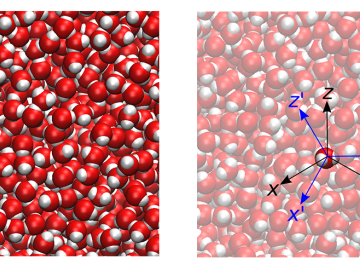
Computational scientists at ORNL have published a study that questions a long-accepted factor in simulating the molecular dynamics of water: the 2 femtosecond time step. According to the team’s findings, using anything greater than a 0.5 femtosecond time step can introduce errors in both the dynamics and thermodynamics when simulating water using a rigid-body description.

The U.S. Environmental Protection Agency has approved the registration and use of a renewable gasoline blendstock developed by Vertimass LLC and ORNL that can significantly reduce the emissions profile of vehicles when added to conventional fuels.
Simulations performed on the Summit supercomputer at ORNL are cutting through that time and expense by helping researchers digitally customize the ideal alloy.
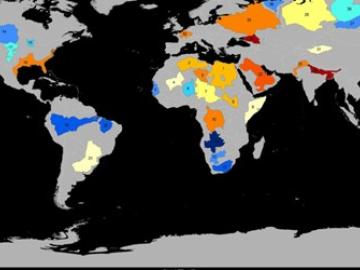
Groundwater withdrawals are expected to peak in about one-third of the world’s basins by 2050, potentially triggering significant trade and agriculture shifts, a new analysis finds.
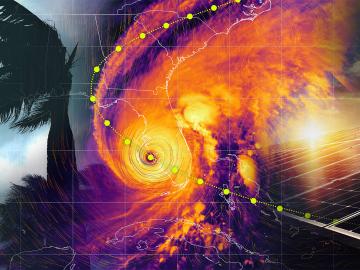
ORNL researchers modeled how hurricane cloud cover would affect solar energy generation as a storm followed 10 possible trajectories over the Caribbean and Southern U.S.

Researchers simulated a key quantum state at one of the largest scales reported, with support from the Quantum Computing User Program, or QCUP, at ORNL.
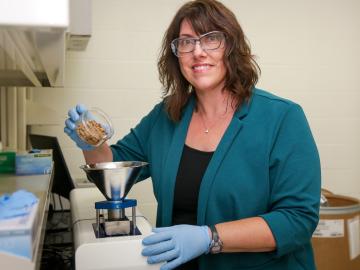
ORNL’s Erin Webb is co-leading a new Circular Bioeconomy Systems Convergent Research Initiative focused on advancing production and use of renewable carbon from Tennessee to meet societal needs.
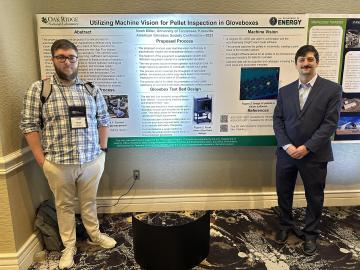
College intern Noah Miller is on his 3rd consecutive internship at ORNL, currently working on developing an automated pellet inspection system for Oak Ridge National Laboratory’s Plutonium-238 Supply Program. Along with his success at ORNL, Miller is also focusing on becoming a mentor for kids, giving back to the place where he discovered his passion and developed his skills.
The United States could triple its current bioeconomy by producing more than 1 billion tons per year of plant-based biomass for renewable fuels, while meeting projected demands for food, feed, fiber, conventional forest products and exports, according to the DOE’s latest Billion-Ton Report led by ORNL.
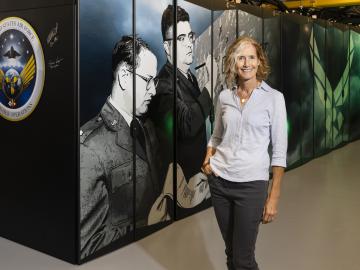
Kate Evans, director for the Computational Sciences and Engineering Division at ORNL, has been awarded the 2024 Society for Industrial and Applied Mathematicians Activity Group on Mathematics of Planet Earth Prize.


